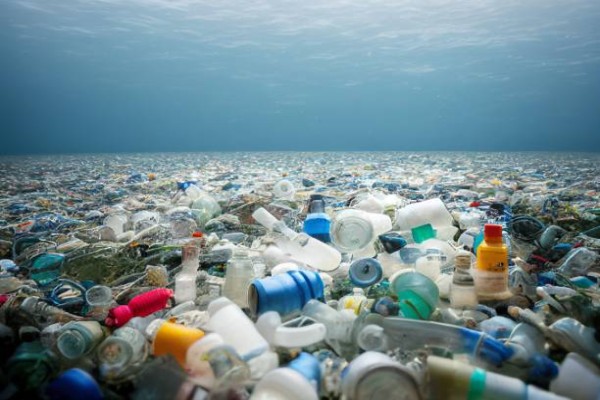Plastic usage: Convenience vs. Consequences
– Anju Pandey, In-Charge, Eco Club, DPS Jaipur
The invention and widespread use of synthetic plastics revolutionised daily life, offering unmatched convenience and versatility but also bringing significant environmental and health challenges. From packaging our food to creating lightweight materials for transportation, plastics became an integral part of modern living.
The 20th century marked a pivotal moment in history with the introduction of entirely synthetic plastics, pioneered by Belgian chemist and astute marketer Leo Baekeland in 1907. This breakthrough material was incredibly versatile and could be customised to meet specific needs. Its lightweight nature reduced fuel consumption during transportation, and its safety and hygiene properties made it ideal for food packaging. Additionally, plastics’ durability, resistance to chemicals, water, and impact ensured their widespread adoption across various industries, making everyday tasks easier and more efficient.
 However, alongside its myriad benefits, the proliferation of plastics has brought significant environmental and health challenges. Workers exposed to plastic fibers may suffer from lung problems and reduced lung capacity. Certain chemicals found in plastics, such as endocrine disruptors, have
However, alongside its myriad benefits, the proliferation of plastics has brought significant environmental and health challenges. Workers exposed to plastic fibers may suffer from lung problems and reduced lung capacity. Certain chemicals found in plastics, such as endocrine disruptors, have
been linked to hormonal imbalances, reproductive issues, and even cancer. Moreover, microplastics, which can leach harmful chemicals, pose a threat to both wildlife and human health, acting as carriers for pathogens and exacerbating the spread of diseases.
The environmental impact of plastic is equally concerning. Plastics are notorious for their persistence in the environment, taking hundreds of years to decompose. This has led to massive accumulations of plastic waste in landfills and oceans, harming marine life and ecosystems. Wildlife often ingests or becomes entangled in plastic debris, leading to injury, death, and disruptions in the food chain. Addressing the overuse of plastic requires collective action and a shift in consumer behavior. While some individuals may rely on single-use plastics for health or quality of life reasons, there are simple steps that many of us can take to reduce our plastic footprint.
Carrying reusable bottles, bags, and coffee cups, saying no to plastic straws and disposable cutlery, utilising refill stations for detergents, and opting for milk delivery are just a few examples of how we can minimise plastic usage in our daily lives.Governments and industries also play a crucial role in tackling the plastic crisis. Implementing policies that restrict single-use plastics, promoting recycling, and encouraging the development of biodegradable alternatives are essential measures.
Innovations in plastic recycling technology and the adoption of circular economy principles, where products are designed to be reused and recycled, can significantly reduce plastic waste.In striving for a more sustainable future, it’s essential to balance the convenience of plastic with its environmental and health implications.
By making conscious choices and embracing alternatives, we can work towards a world where plastics serve their purpose without compromising the well-being of our planet and its inhabitants. Reducing plastic waste and mitigating its impact on health and the environment require a concerted effort from individuals, communities, industries, and governments. Through awareness, innovation, and responsible consumption, we can create a sustainable future that honours both human progress and the natural world.

















Add comment